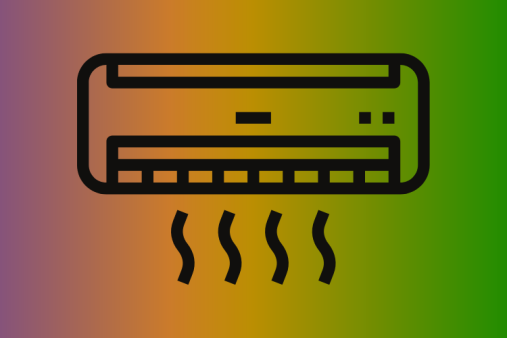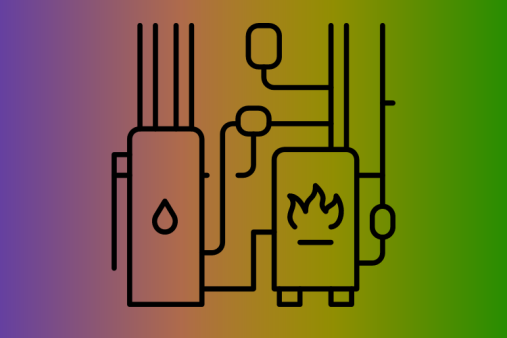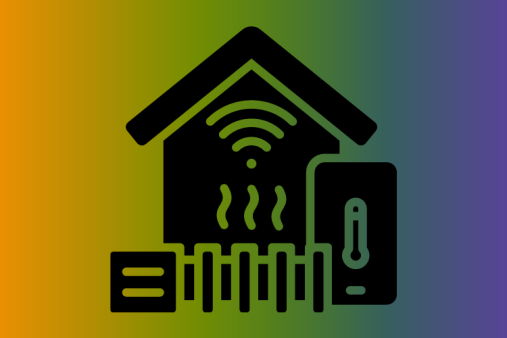Oil Fired Central Heating Guide
Gas-fired central heating is far and away the most popular way to heat a UK home, but what about the estimated four million homes in the UK who are not on the mains gas network? Outside towns and cities it is not uncommon for mains gas to be unavailable, and although bottled gas can be used for cooking, this isn’t an option for central heating. The best option for homes which aren’t on the mains gas network is oil fired central heating, which has a few key differences when compared with gas.
How does oil fired central heating work?
When it comes to heating your house, an oil-fired central heating system works in pretty much the same way as a gas-fired combi boiler. The oil is used to fuel a boiler which heats the water in your radiators and provides you with hot water. This type of boiler can be controlled with a thermostat and timed to switch on and off as other types of heating, and once installed and oil-fired system can be highly efficient. The exact set up of your oil fired central heating system in terms of type of boiler and number of radiators will depend on the specifics of your property, so get advice from a professional heating contractor about what would be most appropriate.
Tanks and storage
The main difference between oil fired central heating and other types of central heating is that you buy your oil in advance and store it rather than being charged for what you use. A large tank will be needed to store your heating oil in, and there are rules about what sort of tank you need and where it can be located. Again, a professional heating engineer will be able to advise on this. Buying in advance also means you are paying a large amount all at once for your oil, although some companies will allow you to spread the cost over the months until your next delivery. It also requires the homeowner to keep an eye on oil levels and order more before the oil runs out. It may also be inconvenient to have to wait in for a delivery. Prices of heating oil can also be volatile, although the same can be said for gas and other heating fuels.
Advantages and disadvantages of oil fired central heating
Due to falls in the price of oil in recent years, oil fired central heating has become one of the cheapest ways of heating a home. However, installing a new oil fired central heating system from scratch can be disruptive and messy and the tank can be unsightly and might have to be buried in the garden. There are also no guarantees that the oil price won’t rise again in the future and make it much more expensive. Oil fired systems are no more difficult to install or maintain than other types of central heating, but experts advise that you have your boiler serviced yearly to keep it running efficiently.








